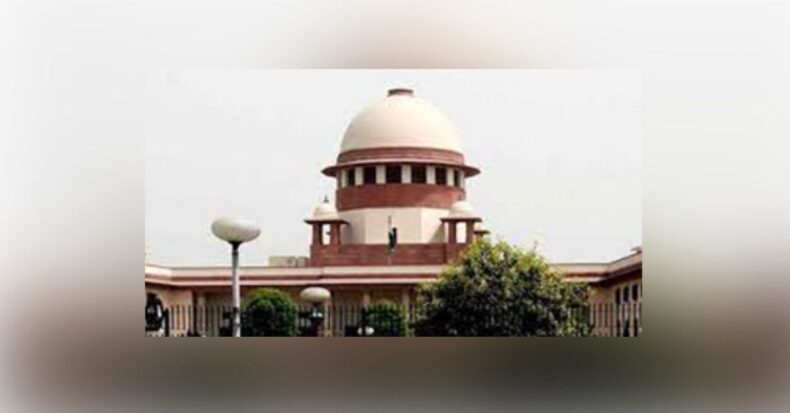The Supreme Court in August 2017 unanimously ruled that the Right to Privacy is a fundamental right under the Constitution of India under Article 21 (Right to Life and Personal Liberty) and Part III of the Constitution.
When exploited into “unauthorized surveillance”, cyber-surveillance compromises the right to privacy as under the infamous Pegasus scandal. It acts as a snoop gate into the privacy and security of individuals.
Unauthorized interception possesses as much threat to human rights as imposing a ‘Marshal Law’ and snatching ‘Habeaus Corpus’. So, then why Cyber Surveillance should be an intrinsic part of governance?
As organizations and systems grow, evolve, and merge over time, their networks naturally become more complex, and things slip through the cracks.
This requires various countries and organizations to have robust security and compliance protection in place. Cyber surveillance acts as a check even when the wisest of the human brain misses the point.
Authorized interception or Stalking?
The interpretation of cyber-surveillance is of authorized interception. It strictly adheres to the interception of telephonic communications and data that interests the sovereignty and integrity of India, security of the state, friendly relations with other countries or preventing crimes on the commission or incitement of an offence.
The Information Technology Act under Section 43 (a)-(h) penalizes “cyber contraventions” and ‘cyber offences”, which attracts criminal action.
Hacking is prohibited under the IT Act. Moreover, in the People’s Union for Civil Liberties Vs the Union of India, the SC had set rules for the judicious practice of surveillance and phone tapping.
There are even provisions in the IT act to remedy the person who has suffered or is likely to suffer because of their loss of personal data.
The SC has by far laid down ground rules for the systematic practice of Cyber Surveillance while respectably upholding the Right to Privacy. However, it still has intrinsic vulnerabilities, as highlighted during the outbreak of the Pegasus virus.
Everything that is smart has an inherent vulnerability, and if there is a vulnerability, it will be exploited. Thus, the focus of the decision-makers lies on the issue of minimizing the risks of cyber security rather than its complete elimination.

The higher way:
As of today, the most prominent culture by far is that of the internet user. With 7.6 billion people on earth, around 3.6 billion of us are online and communicate daily with each other and institutions.
Thus, the need for a robust cyber-surveillance regime for governance lingers in the backdrop of millennia, especially in times when people no longer need to be intrinsically correct, when they can be instrumentally correct.
The 26/11 Mumbai attack was highlighted before execution utilizing cyber-surveillance. Therefore, not having cyber security in the governance of the nation is a weakness. Thought, the compromise of the Right to Privacy is an issue as grim as any other, and it needs to be settled thoroughly for the smooth functioning of this regime.
Countries need to develop in a way in which the individual liberty of their citizens is not jeopardized in the name of national security. Otherwise, the detention centres in the U.S.A post 9/11 still fills the heart of the world with horror, in which individual liberty was crushed in the name of national security.
The right to privacy is indeed a fundamental right of any citizen, and it needs to be respected as a fundamental human right rather than a luxury.
Individuals defining it as a luxury in a nation where the primary concern still surround poverty are indeed primitive human beings juxtaposing an example in a country which fosters world’s top businessman and at the same time maximum people below the poverty line.
“Nations must take responsibility to ensure that the digital space does not become a playground for the dark forces of terrorism and radicalization”.
– Narendra Modi












